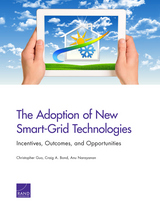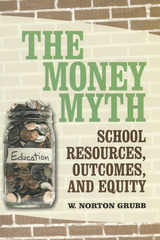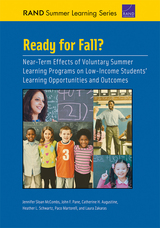
The Outcomes of Counseling and Psychotherapy was first published in 1965. Minnesota Archive Editions uses digital technology to make long-unavailable books once again accessible, and are published unaltered from the original University of Minnesota Press editions.
How is the future behavior of a client or patient affected by counseling, casework, or psychotherapy? What fundamental personality changes, if any, can be attributed to such treatment? What does the counselor do that determines the outcome of his efforts? This volume deals with questions like these, questions which concern not only psychologists, psychiatrists, social workers, and other counselors, but also the communities, institutions, and agencies which support their work.
The report presented here is based on the findings of a ten-year project conducted at the University of Minnesota Student Counseling Bureau to assess the results of its counseling program. Since the early days of counseling at Minnesota, many studies, in a research program extending over a period of thirty years, have attempted to determine the effectiveness of counseling. In continuing these studies, the present authors have applied current statistical methods to contemporary counseling theory and practices. This account of the search for specific variables that define the goals of counseling, and for instruments to measure those variables objectively, is an important contribution to future research in the field. Ralph F. Berdie, director of the University of Minnesota Student Counseling Bureau, writes a foreword.





Why do so few women choose a career in science--even as they move into medicine and law in ever-greater numbers? In one of the most comprehensive studies of gender differences in science careers ever conducted, Women in Science provides a systematic account of how U.S. youth are selected into and out of science education in early life, and how social forces affect career outcomes later in the science labor market.
Studying the science career trajectory in its entirety, the authors attend to the causal influences of prior experiences on career outcomes as well as the interactions of multiple life domains such as career and family. While attesting to the progress of women in science, the book also reveals continuing gender differences in mathematics and science education and in the progress and outcomes of scientists' careers. The authors explore the extent and causes of gender differences in undergraduate and graduate science education, in scientists' geographic mobility, in research productivity, in promotion rates and earnings, and in the experience of immigrant scientists. They conclude that the gender gap in parenting responsibilities is a critical barrier to the further advancement of women in science.
READERS
Browse our collection.
PUBLISHERS
See BiblioVault's publisher services.
STUDENT SERVICES
Files for college accessibility offices.
UChicago Accessibility Resources
home | accessibility | search | about | contact us
BiblioVault ® 2001 - 2024
The University of Chicago Press









